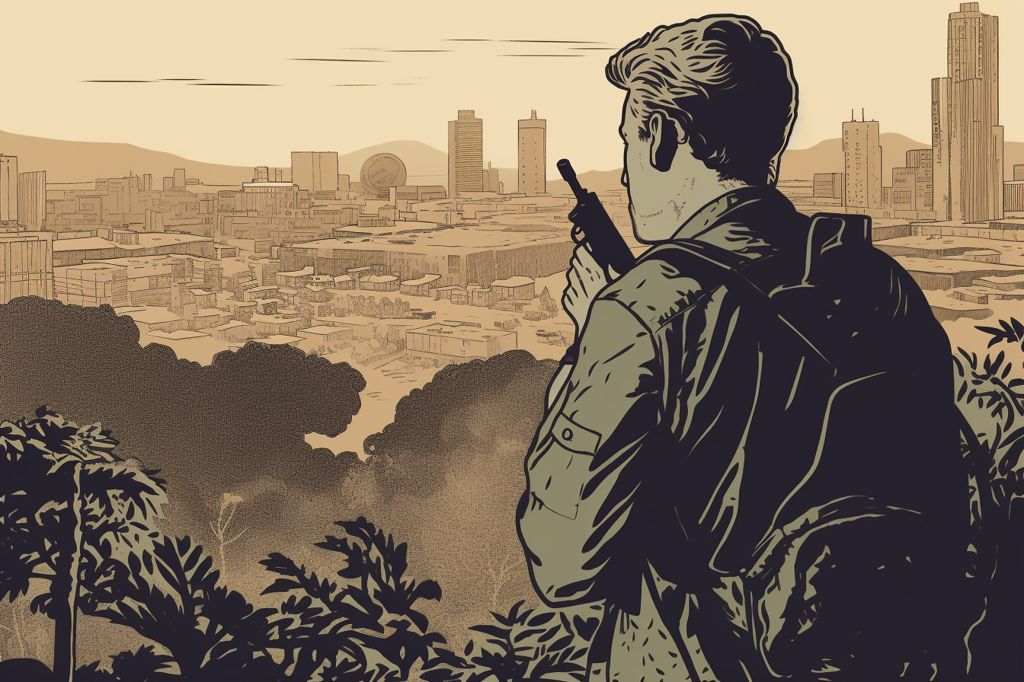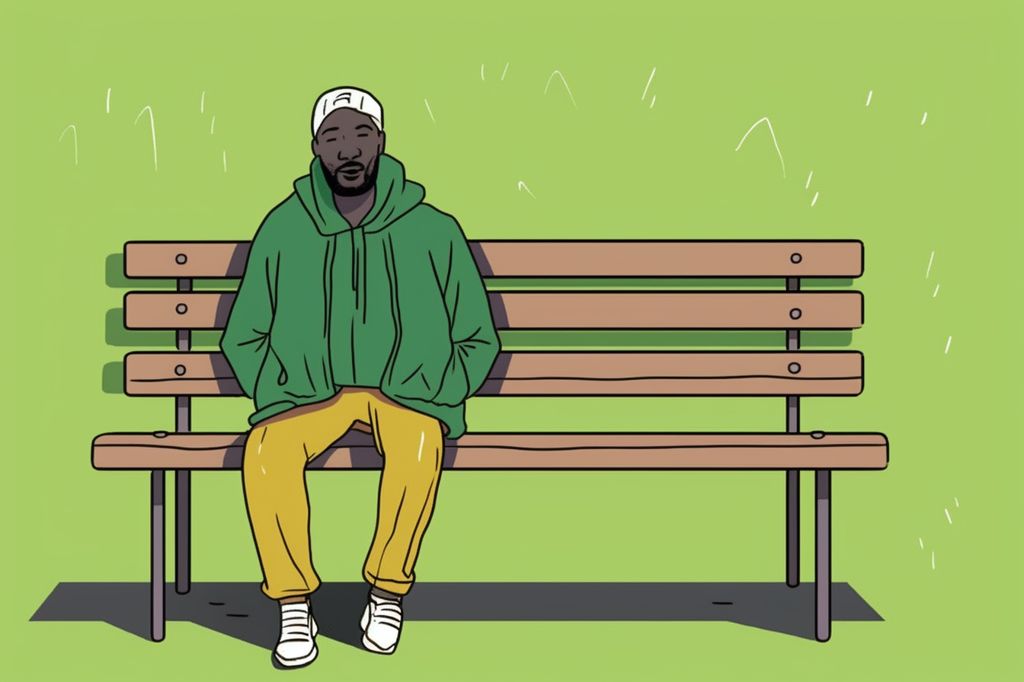South Africa is in mourning following the death of Klaas de Jonge, an exceptional Dutch activist who fought against apartheid and was a member of uMkhonto weSizwe (MK). De Jonge died at the age of 85 on May 5, 2023. This article pays tribute to his life and legacy as a symbol of international solidarity in the fight for justice and freedom.
President Cyril Ramaphosa Pays Tribute
President Cyril Ramaphosa expressed his condolences to De Jonge’s family, friends, and comrades upon learning of his passing. The President praised De Jonge’s bravery and commitment to the anti-apartheid struggle. He also acknowledged De Jonge’s decision to end his life through assisted death under Dutch law after a prolonged battle with cancer.
A Dutch Activist’s Journey
De Jonge began his activism journey in the Netherlands but soon turned his attention to the struggle against apartheid in South Africa. He joined MK in 1981 and played a critical role in conducting reconnaissance missions and smuggling arms and explosives into South Africa. In 1985, he was arrested by the South African Police, but he managed to escape and sought refuge at the Dutch embassy in Pretoria, where he stayed for two years. In 1987, he was exchanged for the apartheid regime’s commander, Wynand du Toit.
An Unwavering Commitment
Despite the challenges he faced, De Jonge remained committed to opposing apartheid. He continued his work as a member of MK and the Dutch Anti-Apartheid Movement until 1989. His life partner, Helene Pastoors, also played a significant role in the anti-apartheid resistance, and both were recognized for their contributions with the National Order of the Companions of OR Tambo.
President Ramaphosa’s Tribute to De Jonge
President Ramaphosa paid tribute to De Jonge, highlighting his dedication, bravery, and unwavering commitment to fighting apartheid in South Africa. De Jonge’s legacy transcended borders and strengthened the bonds of solidarity in the anti-apartheid movement. President Ramaphosa emphasized the impact of De Jonge’s life and his contributions to the struggle for justice and freedom.
A Hero’s Legacy
De Jonge’s legacy stands as a reminder of the importance of fighting for justice and freedom. His contributions to the anti-apartheid struggle in South Africa will continue to resonate in the memories of South Africans and the values that define their nation and continent. To learn more about the history of apartheid and the anti-apartheid movement, visit The Apartheid Museum and the South African History Archive.










